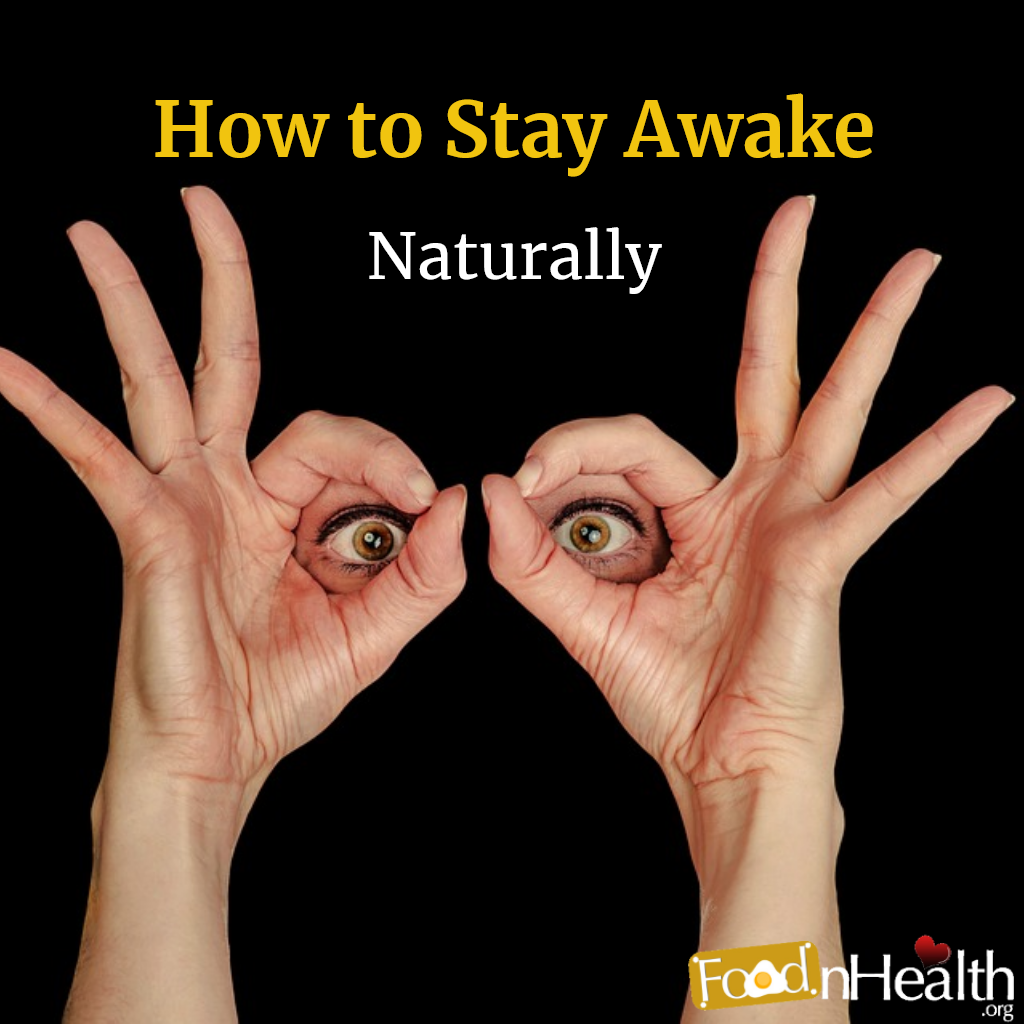

The more caffeine we regularly drink, the more we develop a tolerance, or decreased sensitivity-meaning we need more and more to feel its effects. We can shape our caffeine sensitivity with our caffeine-drinking habits. Then there are medical variables and lifestyle factors. So while the typical half-life of caffeine may be four to six hours, that’s far from being true for everyone.


While we don’t fully understand the genetic component yet, we do know that there are genetic variations in both the various adenosine receptors that caffeine targets and the main liver enzyme that metabolizes caffeine, called cytochrome P450, Dr. Our natural sensitivity to caffeine and the rate at which we metabolize it can differ hugely from one person to the next. We can chock a lot of this variability up to genetics, Dr. “There are so many different elements with this. What’s the deal? “Like almost everything else in sleep medicine, there's really just a lot of variability here,” Dr. We all know someone who can pound two double espressos and appear impervious to its effects, as well as someone who gets jittery after a cup of black tea. But when it comes to how coffee impacts one person’s sleep versus another’s IRL, it can be a totally different story. So that’s the basic science on how caffeine can harm our sleep. (There is also strong evidence that the more caffeine you drink and the later in the day you drink it, the more likely you are to get a bad night’s sleep, which makes perfect sense considering how half-life elimination works.) Why caffeine affects everyone differently Sampat says, reducing the time spent in slow-wave sleep ,the deepest stage of sleep. Caffeine may also interfere with the way you progress through the various stages of sleep, Dr. This makes your sleep less efficient and can make you feel less refreshed in the morning. “Caffeine can increase your arousal frequency-how many times your brain wakes up each night, though you may not remember,” Dr. But caffeine can also reduce your total sleep time by interrupting your sleep throughout the night. Is coffee bad for you? Caffeine’s primary effect is that it makes it harder to fall asleep initially (also called prolonged sleep latency), Dr. And caffeine is essentially an adenosine antagonist, binding to molecules of adenosine and lessening its sleep-inducing effects, Dr. The longer you’re awake, the more adenosine you have in your system,” Dr. “Adenosine is like a sleep-inducing molecule that your brain makes while you’re awake. Caffeine acts on a chemical in your brain called adenosine, neurologist and sleep medicine specialist Ajay Sampat, M.D., assistant clinical professor at UC Davis Health, tells SELF.

Coffee contains the central nervous system stimulant known as caffeine. Let’s briefly refresh ourselves on how coffee provides its signature buzz in the first place. Here’s what to know about how late you can drink coffee without sacrificing sleep. It’s a real tradeoff, and it’s hard to know if it’s one worth making. Should you ride out the exhaustion (and possibly face plant at your desk)? Or should you perk yourself up with a cup of coffee-and potentially put the good night’s sleep ahead of you in peril? It’s 4 o’clock, you can barely keep your eyes open, and you’ve got a tough decision to make.


 0 kommentar(er)
0 kommentar(er)
